Gorodets psychoneurological internat
About the organization: http://xn—-etbdepbfg4adasf1g.xn--p1ai/
Gorodets psychoneurological internat is state budgetary institution of Nizhny Novgorod region, which is part of the system of social care. It’s over 50 years old, there’re 600 people living in the establishment, there’re 365 employees. The main aim of the establishment is realization of the right of elderly people and disabled people for stationary social care.
There’re several departments in the institution:
– General department
– Rehabilitation department
– Charity department
– Intensive care department
– Department for elderly people
– Dormitory for young disabled
– Department of supervision of disabled by social care specialists
There’re several types of medical care provided in the establishment.
Main aim of the institution is complex rehabilitation: social, medical, labor, sport etc.
About the city: https://en.wikipedia.org/wiki/Gorodets,_Nizhny_Novgorod_Oblast
Population of the town is 34000 people. This cute little town is extremely famous around the whole Russia for its handicrafts richness. The town is very old and now is a big touristic center for those who want to experience real Russia. It is located 53 kms from a huge city Nizhny Novgorod, and has all the charm of historical «true» Russian town. So, living here allows you to experience life of a true Russian town and have easy access to all the advantages of a big city located just 53 kms away. Located on the shore of huge river Volga, it’s also important transport hub. Around Gorodets there’s also the biggest artificial lake of the region – so called Gorky sea, which starting from spring becomes very popular destination for local people. More information can be found here https://en.wikipedia.org/wiki/Gorodets,_Nizhny_Novgorod_Oblast.
In Gorodets there’s everything you need for quality living – sport clubs, numerous museums, bars and clubs, cultural centres, shops and hospitals and banks, however the town is small and it’s easier to get to know local community better and get acquainted with the people.
The primary activities of the volunteers are:
Therefore there’re 4 main parts – creative work, occupational therapy, sport and general assistance (individual work – walking and communication).
We think that volunteers will be involved into care for disabled people, like walking with them outside for example (sometimes staff of organization don’t have time for everyone, however fresh air is very important for rehabilitation). We see a volunteer as a friend to the accompanied disabled person, someone who’ll be able to spend time, to listen and to talk. Talking and sharing thoughts, maybe some concerns and problems probably has great positive effect on the psychological state of our clients and we really believe that volunteers who are usually open-minded and friendly people will be able to become such friends to our clients. Volunteers will also be involved into numerous creative activities which we offer – painting, sewing, creating poems, various handicrafts etc. This is part of socialization of disabled people, so called socio-cultural program, as clients need more «live» communication while doing their regular activities and volunteers will be accompanying them in this. This can be both individual and group work, depending on desire and abilities of the volunteer. Apart from that, volunteers interested in sport can spend time with our clients in the sport hall, in the gym. Also, our clients are involved into certain activities aimed at developing their domestic skills and into occupational therapy, therefore volunteers can be involved in this too, helping with some gardening work, small cleaning, showing how to deal with domestic stuff etc.
Volunteers will have opportunity to choose what fits them best and be involved in it. We’re also open to new ideas and suggestions from them. We’ll be looking for balance between regular and creative activities of the volunteers.
We’re planning to have balance between volunteer’s learning and service and not just ask volunteer to be involved into routine tasks, but also to offer them space for self-development and realization of their own ideas on our base.
Selection’s process:
Our ideal volunteer should be open-minded and easy-going, open to new activities and most importantly ready to work with disabled people, so he/she should be tolerant to them. If there’s experience of working/communication with disabled, it’ll be a plus, however it’s not a pre-requisite. Volunteer should be open to Russian culture, willing to learn the language because it’ll be the main communication language. The most important criteria is strong motivation to do voluntary service and learn a lot from the project!
Volunteers needed: 2.
Starting date – 01/02/16-01/10/2016.
SFERA is an international youth movement supporting voluntary activities. SFERA is a non-governmental organization that helps to organize international volunteering projects in Russian Federation and send Russian volunteers to other countries.
Support of the volunteers
Before the project starts, we make a connection between EX-volunteer who had already been in the country of the chosen project and worked in the hosting organization and the future EVS volunteer, so that they can have a real exchange of information. Moreover, the hosting organization and contact point outside EVS will give all information about the project, so that the volunteer will get a good overview about the project, its aims and her role.
When arriving in the hosting country, volunteer will attend an On-Arrival Training, with elements of intercultural learning, more about the mentality/culture/language of the country and contact points for crises.
After half-time of the EVS project, the volunteer will attend the mid-term meeting; with similar elements as in the on-arrival training.
The hosting organization will plan together with the volunteer those aims and what they should/would like to do in their project exactly after getting to know the organisation. There will be regularly meetings with the mentor, who will also keep an eye on the well being of the volunteer!
The volunteer will be supported by coordinator of the project (person from Hosting Organization), mentor (Russian volunteer) and person from SFERA (contact point outside EVS).
Mentor is always motivated Russian volunteer with some knowledge about Russian culture, history, city, local community. Mentors are responsible for private life of volunteer; they help volunteer to be involved in local life (invite volunteer to local events, show good places in the city, show volunteer parts of Russian culture).
Conditions
· The volunteer should be aged between 18 and 30 years old.
· The projects last either 10 or 12 months.
· The working hours are 25-30 hours per week (5-6 hours per day). Weekends are free, and volunteer is entitled to 2 days off each month, which can be used separately or accumulated and used as a holiday.
· The volunteer gets 55 euro pocket money directly to the personal account from the sending organization.
· The volunteer lives either in host family or shares apartment with other international volunteers. In both cases volunteer has his/her own room and is provided with necessary kitchen equipment, bed linen, etc.
· The volunteer gets 100 euro per month for food and his/her transport costs around the city (home-work-home) are covered.
· Health insurance is provided by EVS grant and volunteers have access to wide variety of medical institutions in the city in case of illness.
· Volunteers are obliged to take part in on-arrival training and mid-term evaluation together with all volunteers hosted in Russia at the same period.
· The volunteer will have a language course, organized by hosting organization.
VISA
According to Russian law, foreigners can get 1-year visa to Russia ONLY if they’re students (therefore, invited by educational institution) or employees officially hired by organization. Volunteering doesn’t fall into any of these categories therefore maximum visa we can provide is 90 days, after that volunteer has to go back to home country and apply for a new one. The trip takes 10-14 days and travel costs are covered by the grant. Time spent to obtain the visa isn’t counted as holidays.
Application procedure
For the selection of the volunteers we will need:
– Europass CV with picture (made in the last month)
– Motivational letter, writing that your sending organisation will be “Building Bridges”. We ask all candidates to send a specific letter of motivation – why they want to volunteer with us rather than just a general EVS one.
– application form (can be downloaded here) .Please mention the name of organization that you’re applying for. IMPORTANT! Last page of the application form is to be filled in by your sending organization. Without it, application will not be considered.
Remember to write in the motivation letter that your sending institution is “Asociación Building Bridges”.
All documents written in english you can send to: asociacionbb@gmail.com with subject “EVS Rusia 1 internat”

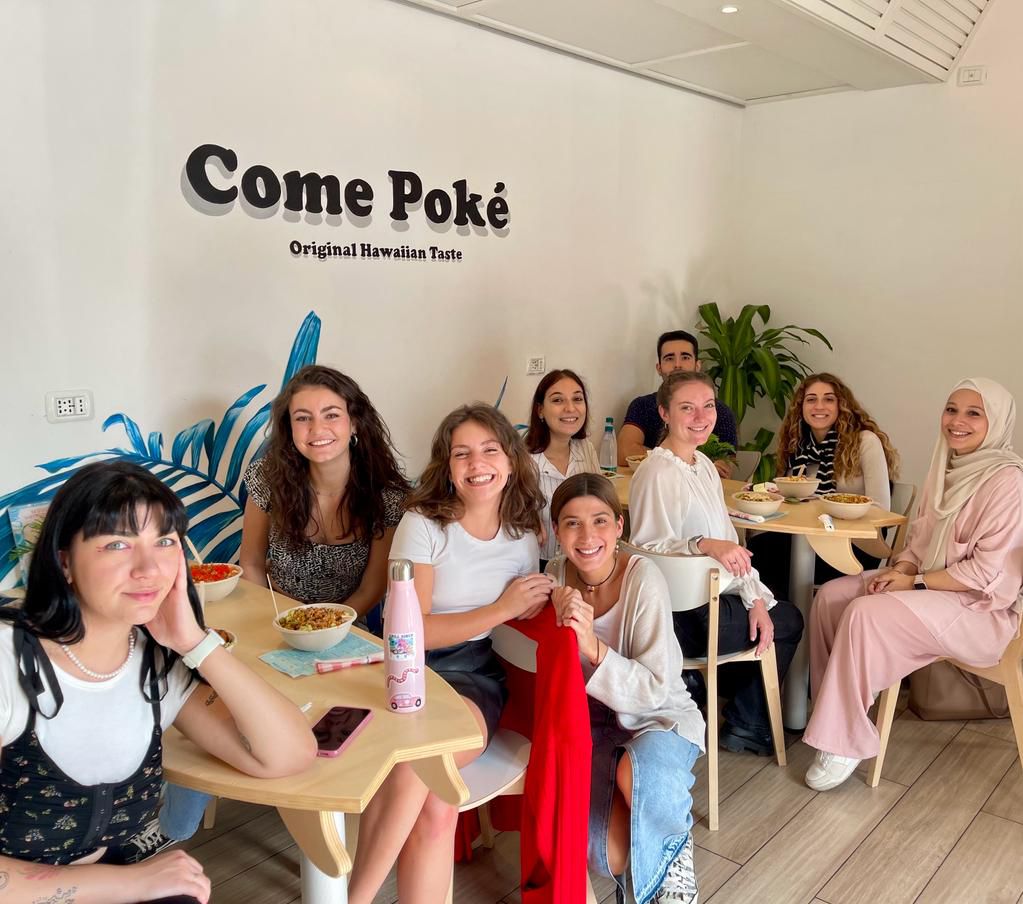
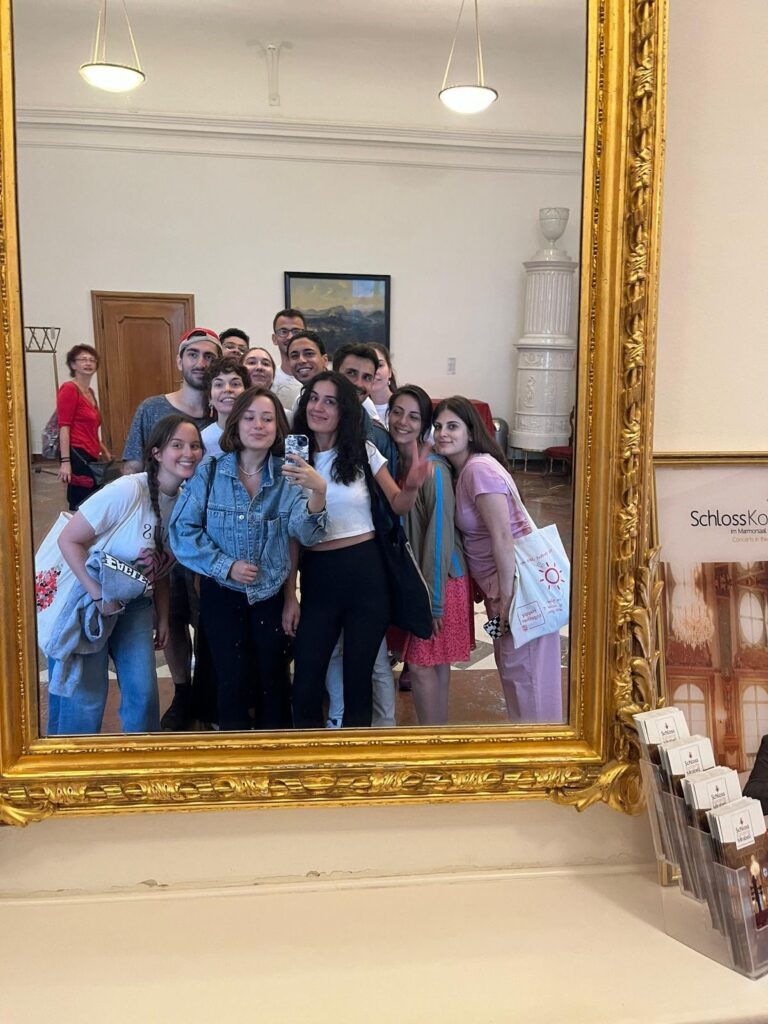
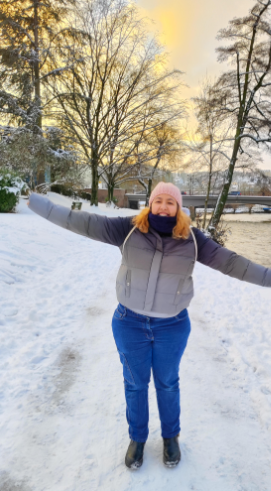
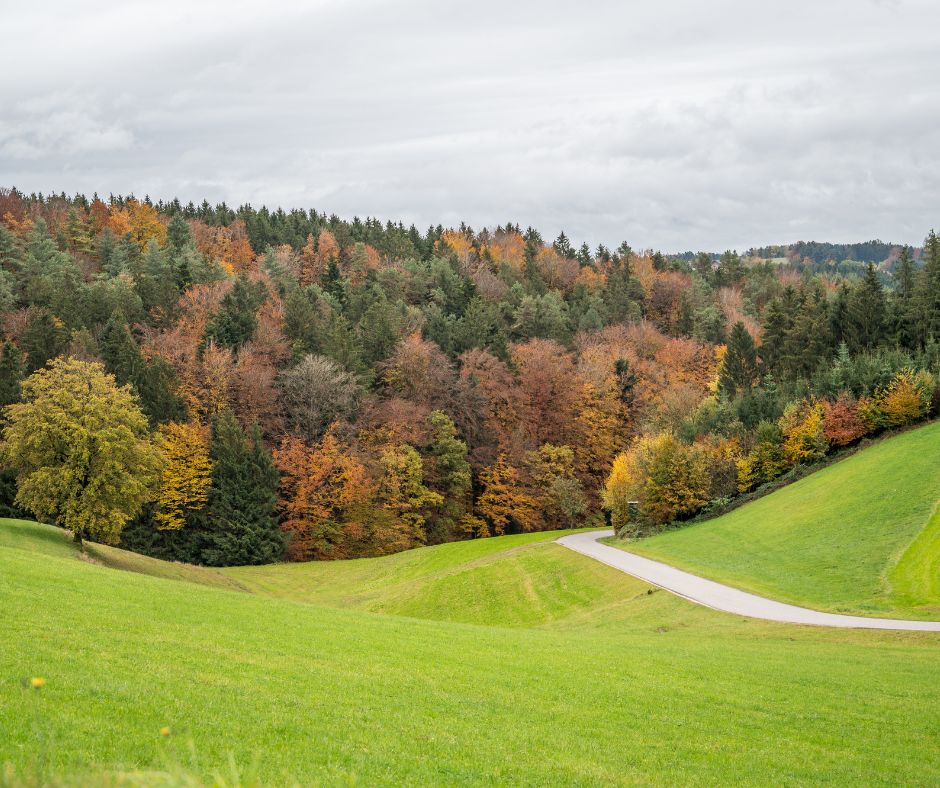




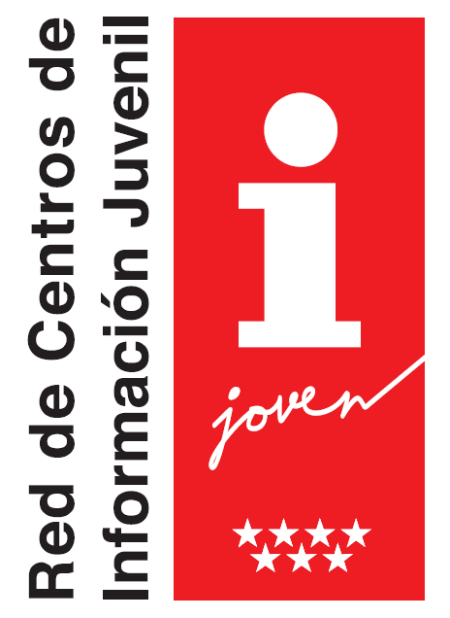

Add a comment